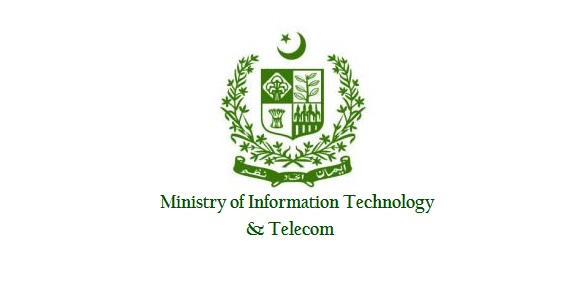LAHORE: National Information Technology (IT) Policy 2016 needs a minimum of 167 national and international consultants to develop strategy framework action plan for policy implementation, sources revealed.
Ministry of Information Technology and Telecommunications (MoITT) sources told Pakistan Today that ministry is stuck up within policy barriers, which was to facilitate and tackle the barriers and challenges being faced by the IT sector. They said that ministry has yet to develop an ‘Action Plan’ along with relevant ministries and departments detailing the time frame and outputs.
MoITT needed to play its due role as of prime actor in providing necessary support while other federal ministries, divisions, departments were to take the lead role in the implementation of policy strategy falling within their domain.
Sources told that minimum of 75 international and 92 national consultants, or in case of shortage, firms were to be opted for ensuring consistency in due diligence and capacity strengthening and to carry out the due diligence in technical feasibility, economic and financial viability, safeguards, and capacity strengthening.
The sources added that the ministry needed support in adopting a long-term strategy and implementation framework for the reinvigoration of ICT sector and smart city solutions to allow holistic development of IT ecosystem, through the establishment of a benchmark model IT parks in Pakistan. The policy was formulated contributing higher inclusive growth through integrated adoption of ICT solutions in Pakistan. The expected outcome of the project is strengthened the holistic development of ICT sector.
They said that the policy implementation required consistent monitoring and evaluation of its outcomes, however, an appropriate strategy needed to be prepared to align the action plan for key priority areas for proper monitoring and evaluations.
The policy admits that IT sector is one of the most dynamic sectors so requisite measures will be adopted to cope-up with latest trends and technologies in the field of Information Technology.
The policy underlines inadequate institutional capacity, lack of R&D in the sector, lowest ICT ranking on world indices and sector sustainability.
Application of ICTs is widely needed due to weak ICT penetration in educational eco-system. Utilisation of IT in education eliminates geographic barriers by enabling access to knowledge resources from anywhere, anytime, and increases the international dimension of education services. It can also be used for non-formal education such as health and literacy campaigns.
The policy also highlights lack of legal framework and e-payment systems for e-commerce, and lack of awareness in business, social and government sectors of the full potential of ICTs as an enabler of sustainable development, which was to be addressed by the ministry, sources added.
Pakistan is yet to make its spot as a global outsourcing location and hence is not reaping many benefits from the global ICT value chain.
Policy goals remained on documents which were to develop a holistic digital system, digitisation of services, standardisation, promoting the use of ICT in education, reduction in digital divide and establishing e-governance.




